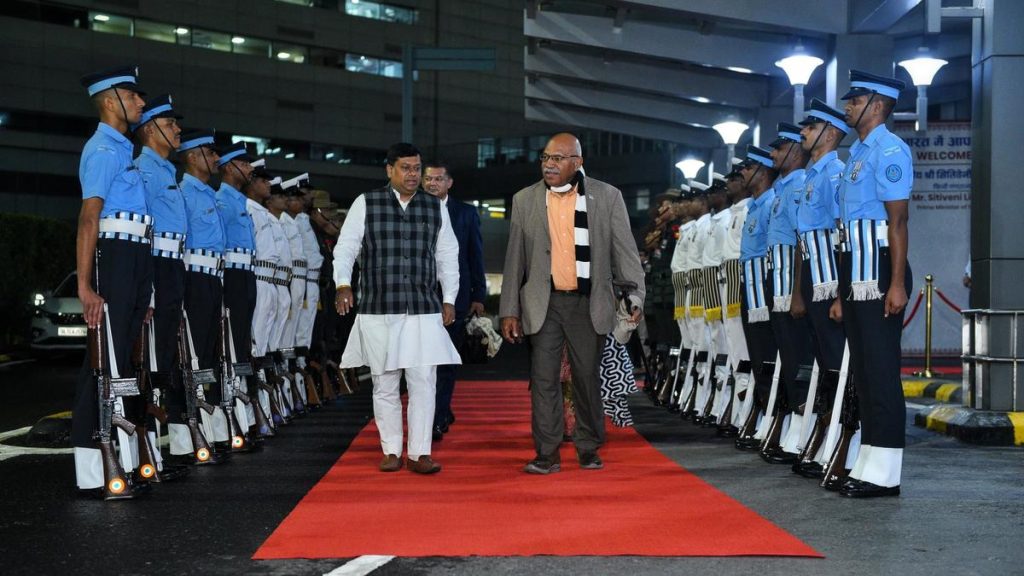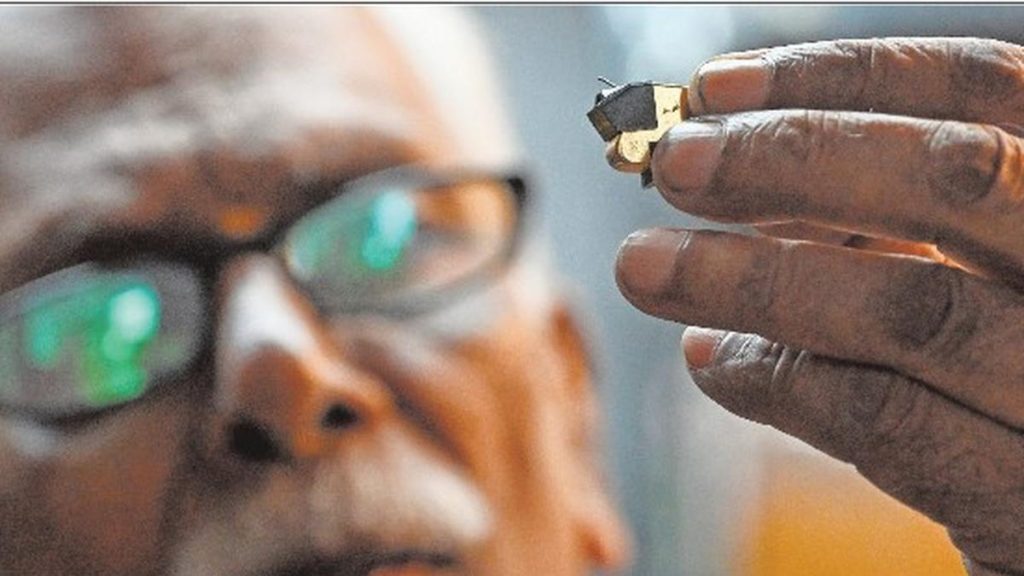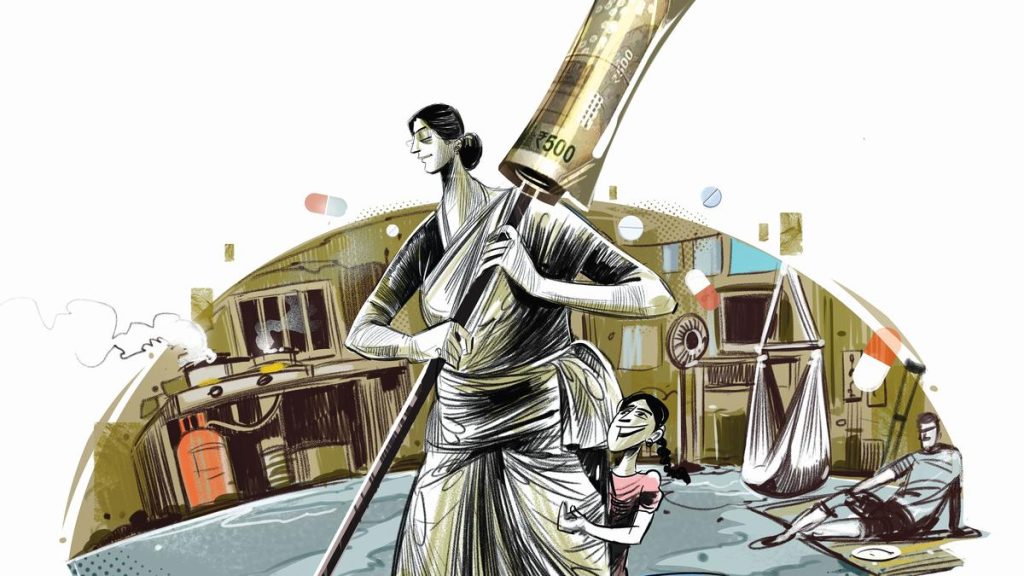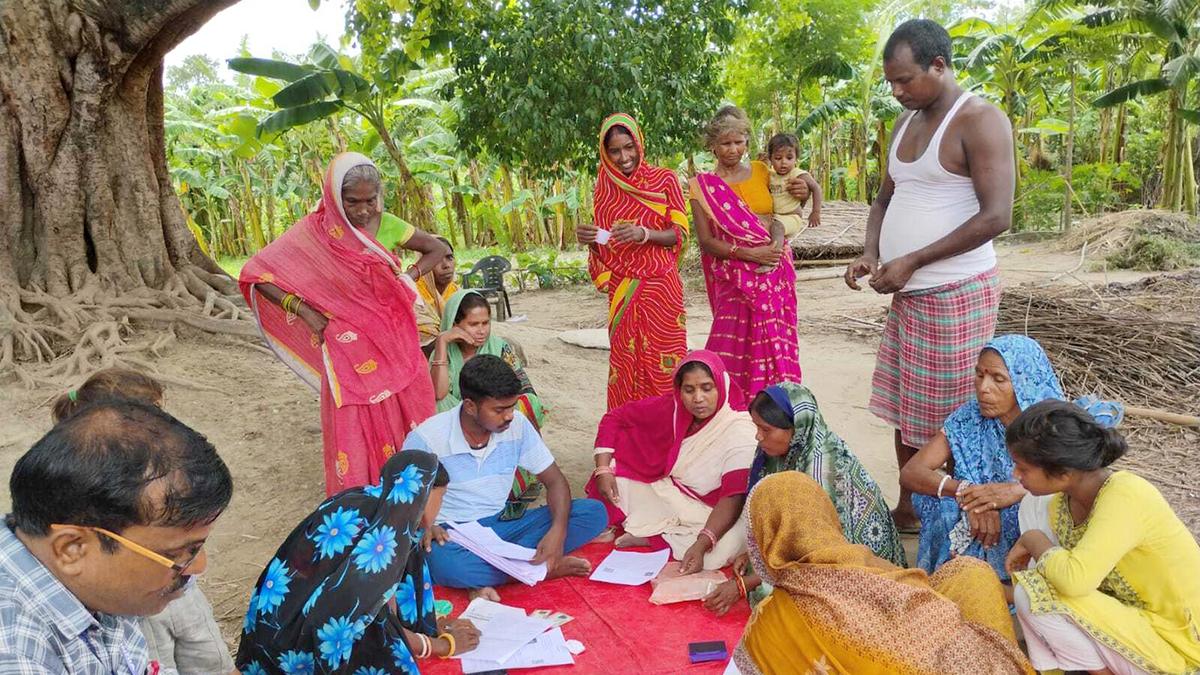Now Reading: Warning Signs of a Restricted Franchise System
-
01
Warning Signs of a Restricted Franchise System
Warning Signs of a Restricted Franchise System
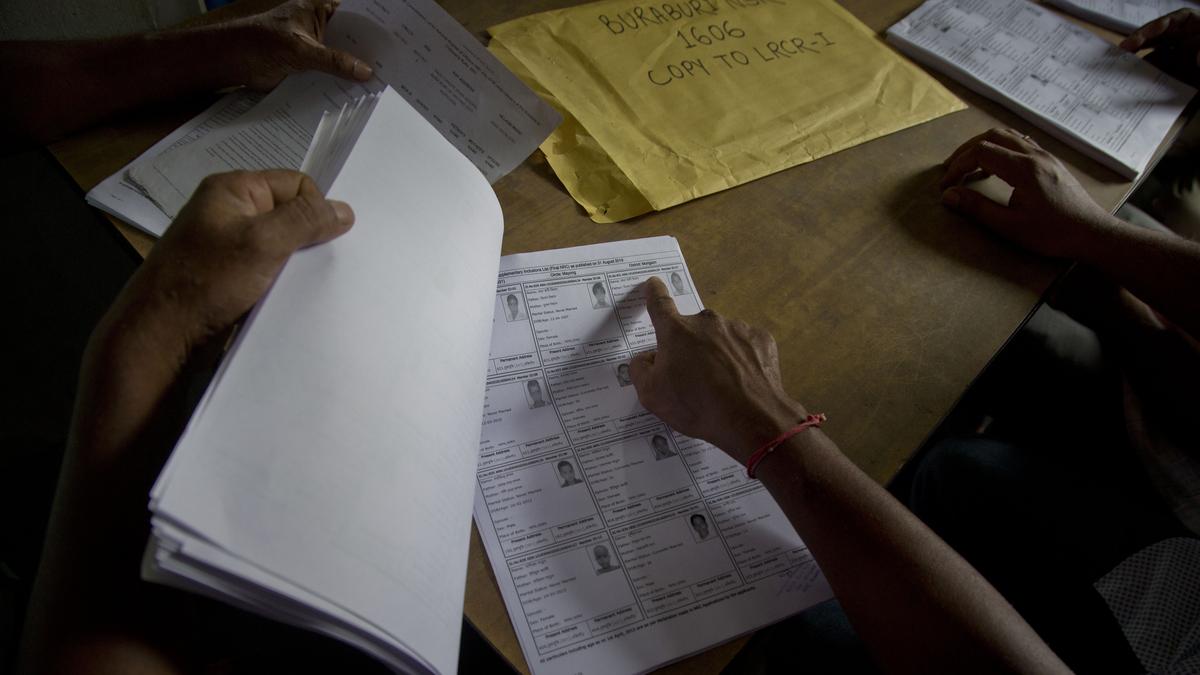
Rapid Summary
- Bihar’s Special Intensive Revision (SIR) of electoral rolls commenced on June 24,2025,following a gap of over 20 years.
- The initiative involves reconstructing voter lists based on stringent eligibility tests requiring submission of specific documents, fundamentally different from previous SIRs.
- Commonly accessible documents like Aadhaar card and voter ID are not accepted; instead, rare ones such as birth certificates and property ownership records are required.
- Approximately 50 million voters must prove their citizenship in tight deadlines under difficult conditions like floods and peak migration season.
- Vulnerable groups, including migrant workers and document-deficient individuals in Bihar, face meaningful risks of disenfranchisement.
- Concerns have been raised that this process mirrors the challenges faced during Assam’s NRC exercise while intensifying logistical hurdles due to its sudden rollout.
- Critics liken the SIR to demonetisation (‘votebandi’) due to its disruptive impact on citizens’ lives.
- The election Commission plans to implement this framework nationwide by replicating Bihar’s model across India.
- Critics claim this could significantly alter electoral democracy by reallocating responsibility for proving citizenship from institutions to individuals.
Read more: The Hindu
Indian Opinion Analysis
The ongoing Special Intensive Revision (SIR) in Bihar has introduced a significant shift in India’s process for maintaining electoral rolls-one that could reshape democratic participation nationwide. By placing the burden of proving citizenship squarely on individuals through strict documentation requirements, it raises complex questions about equity and practicality within universal adult franchise principles.
This policy risks disenfranchising significant sections of vulnerable populations who lack access to rare documents or are subject to seasonal migration patterns-as seen with migrant workers who may lose their voting rights solely due to geographic movement tied to livelihood struggles.
Moreover, implementing such essential changes with minimal notice introduces logistical challenges at scale during conditions that exacerbate difficulties-e.g., monsoon floods and socio-economic pressures in rural areas.
While openness and accuracy in voter identification remain critical goals for any democracy, methods achieving these objectives should prioritize inclusivity over exclusionary practices perhaps affecting millions negatively. If replicated nationally without addressing underlying concerns (e.g., document accessibility), India’s long-standing tradition of universal suffrage could face unprecedented disruption.
Ensuring fair scrutiny while safeguarding against mass disenfranchisement requires proactive revisions balancing administrative efficiency with social justice principles integral to democratic ideals.


